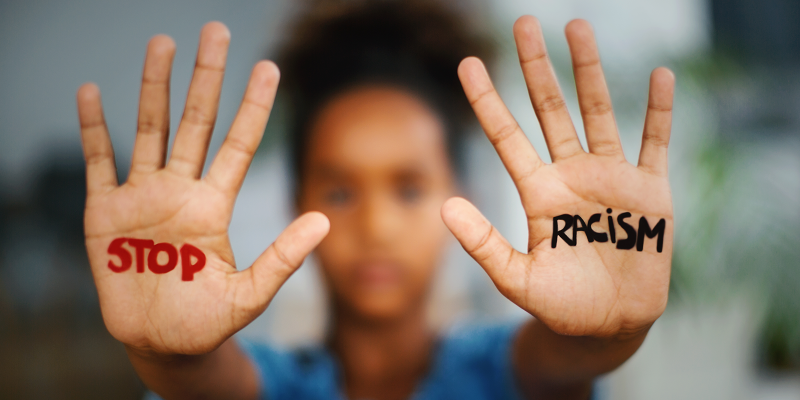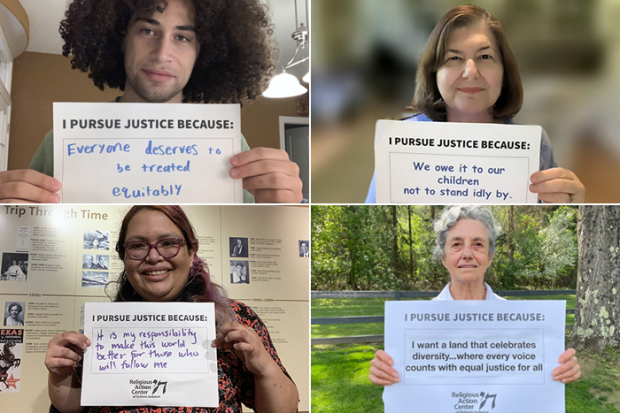
Check out upcoming REDI trainings
The United States simply cannot achieve the values of “justice for all” to which it aspires until we address ongoing racism in all sectors and at all levels of society. Despite the abolishment of slavery in 1865, systemic oppression, police violence, and racial discrimination against Black Americans and people of Color continues today. Lynchings, Jim Crow laws, restricted access to the ballot box, a biased criminal justice system, and redlining are just some examples of how racial inequity has been sustained in American life. Systemic disparities and injustices will endure unless proactive steps are taken to acknowledge and eliminate them. The Reform Movement works across lines of difference to fight the structural racism that is embedded in our society and to advance justice for all people, regardless of race or ethnicity.
Why We Care about Racial Justice
In the Torah, Jews are taught to accept others, without prejudice or bias. The Torah states "You shall not hate your kinsfolk in your heart. Reprove your kinsman, but incur no guilt because of him. You shall not take vengeance or bear a grudge against your countrymen. Love your fellow as yourself: I am the Eternal" (Leviticus 19: 17-18). Our Jewish tradition is replete with instances of moral reckoning when we are asked to be present and accounted for. “Ayecha?” we are asked. “Where are you?” We respond with a full throated, “Hineinu.” “We are here.”
As Reform Jews committed to the spirit of this teaching, we say unequivocally, Black Lives Matter. To affirm that Black Lives Matter is to commit to a human and civil rights movement, working to end systemic racism against Black people and white supremacy.
To affirm that Black Lives Matter is to recognize that we are a racially diverse Reform Jewish Movement, and that our diversity is a source of our strength.
Take Action
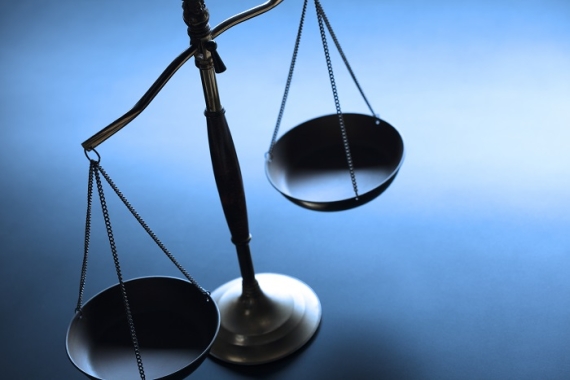
Support the Study and Development of Reparations for Slavery and Systemic Racism
The ongoing wounds of enslavement and more than four centuries of entrenched racial oppression continues to impact every part of American society. Systemic disparities and injustices will endure unless proactive steps are taken to acknowledge and eliminate them. One of the clearest ways to address entrenched racial discrimination is through the study and development of reparations proposals.

What's New

Addressing Antisemitism and Racism

The Importance of Black Maternal Health
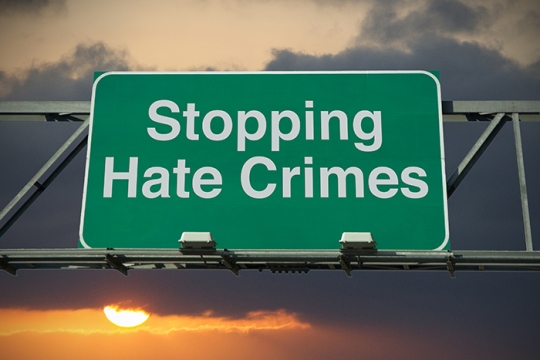
Hate Crimes in 2021: An Incomplete Picture
Related Press Releases
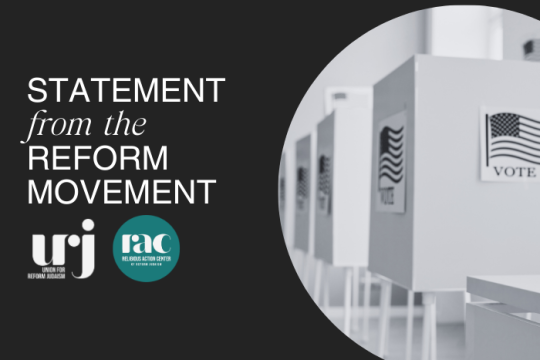
Reform Movement Celebrates the Reintroduction of the Freedom to Vote Act
Reform Movement Leaders Celebrate Passage of the Respect for Marriage Act
RAC-IL Celebrates Signing of Fair Housing Legislation
Related Issues
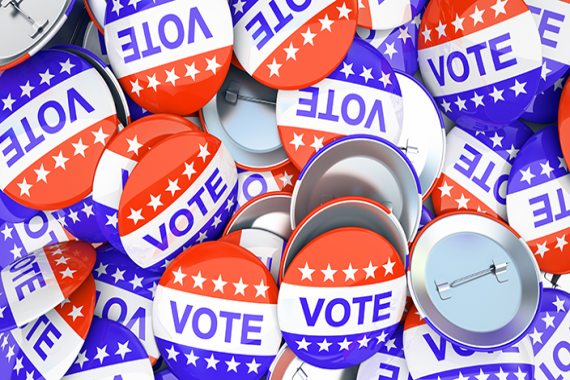
Civil Rights & Voting Rights
Since the enactment of the Civil Rights Act of 1964 and the Voting Rights Act of 1965, the Jewish community has continued its support of civil rights laws addressing systemic discrimination in voting, housing, and employment against women, people of color, the LGBTQ+ community, and people with disabilities.
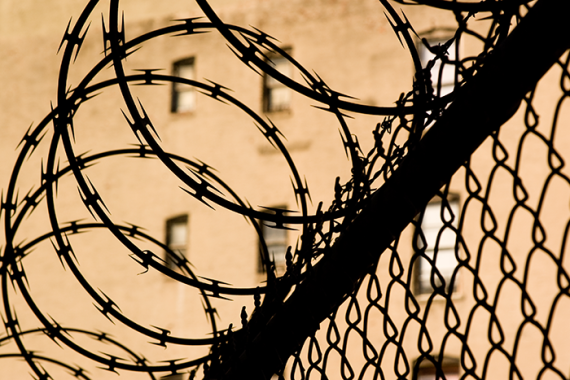
Criminal Justice Reform
There is growing evidence that race and poverty play a role in determining who gets arrested, who gets a fair trial, and how those convicted are sentenced.
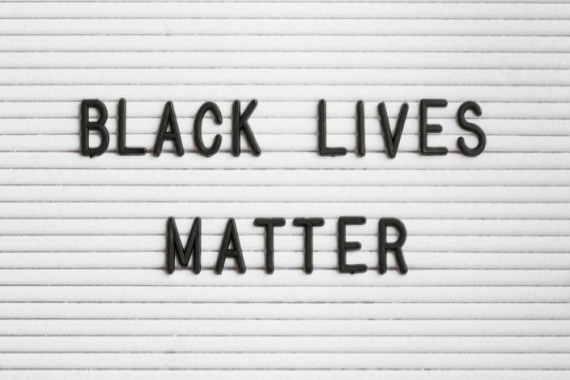
What is Black Lives Matter?
Black Lives Matter is a human and civil rights movement, working to end systemic racism against Black people. Here is a quick primer on the movement, its principles, and more.
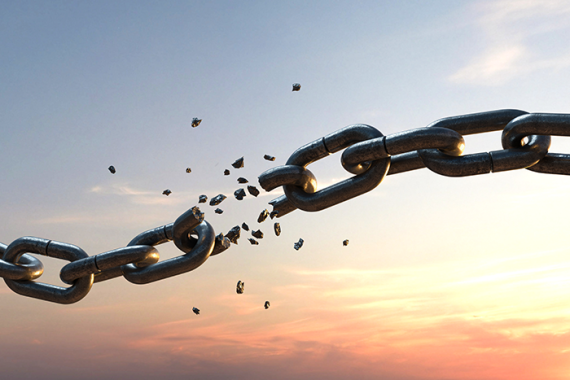
Reparations
Reparations can take many forms and, in practice, these measures may manifest as congressional hearings, a national apology, the institution of government programs, creation of tax incentives for Black-owned businesses, educational stipends for Black Americans, individual or community compensation, or other approaches.
Reform Judaism's Resolutions on Racial Justice
Learn more about the position of the Reform Movement on these key issues, and read the formal resolutions by URJ and CCAR.
From CCAR:

Educational Materials
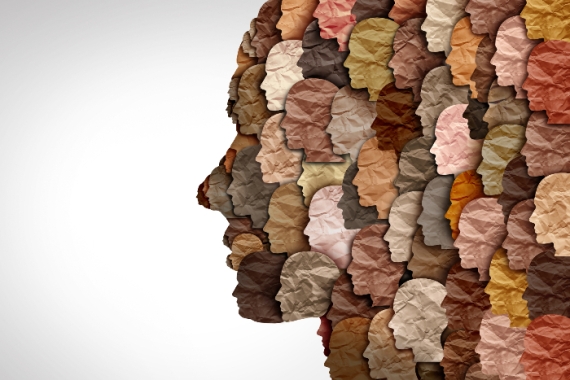
Observe Black History Month Using These Jewish Resources
Resources by Black, biracial, and multiracial Jews to help the Jewish community more fully embrace the diversity of Reform Judaism
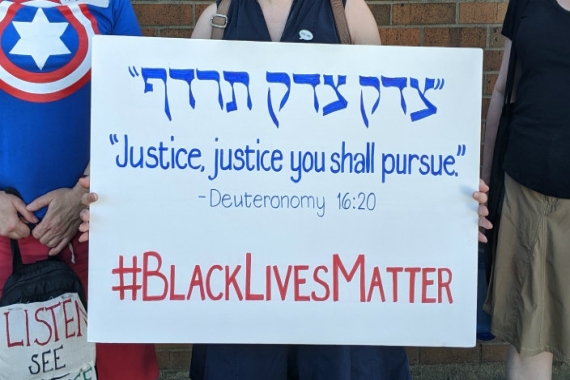
Racial Justice Media List: Films, Books, and More
The Union for Reform Judaism shares a robust list of books, films, podcasts, and more to delve into antiracism work and provide a look into institutional racism, privilege, and the lived experiences of Jews of Color.
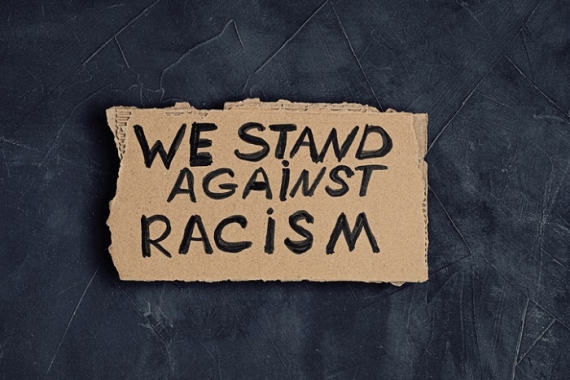
More Racial Justice Resources
Find more materials designed for synagogues and communities to spur learning and conversation about racial diversity, about the deep racial disparities that afflict our society, and about how Reform Jews can continue to work for racial justice.
ENGAGE YOUR CONGREGATION
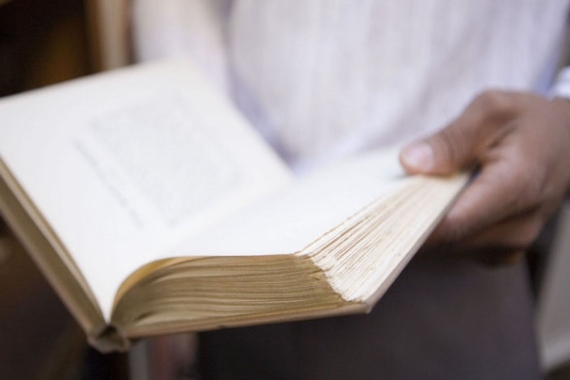
How to Start a Social Justice Book Club
Reform Jews across North America come together in their own communities to read, explore and discuss social justice-themed books. RAC Reads provides thought-provoking stories and tools to get your family, congregation, and community talking about racial justice.
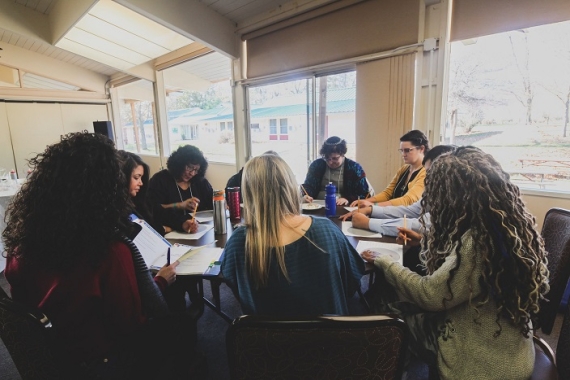
Congregational Resources from URJ Audacious Hospitality
Find resources, including our congregational toolkit, created by the URJ Audacious Hospitality team to help you make your community more equitable and inclusive.
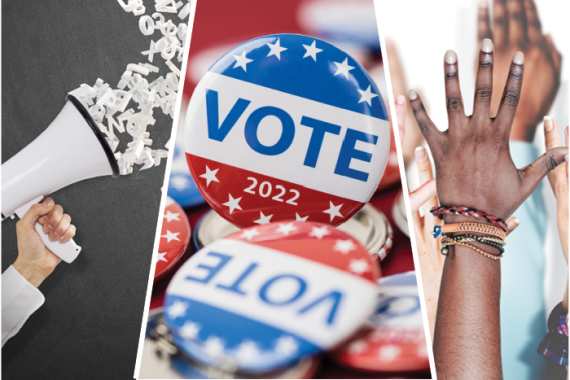
Every Voice, Every Vote
The Reform Jewish Movement’s Every Voice, Every Vote Campaign is a nonpartisan effort, grounded in our Jewish values and commitment to racial justice, to strengthen our democracy by encouraging and protecting voter participation.
Learn What Our Partners are Doing
- Review the guidebook and toolkit for community-centered policy solutions put together by The Leadership Conference on Civil & Human Rights.
- Stand with our partners at the NAACP and their We Are Done Dying campaign.
- Poor People’s Campaign
- Washington Interreligious Staff Community Faithful Democracy Coalitions
- League of Women Voters
- Brennan Center for Justice
- Human Rights Watch
RAC Legislative Updates
Learn more about the RAC's key issues and get involved by signing up for the legislative updates newsletter.
